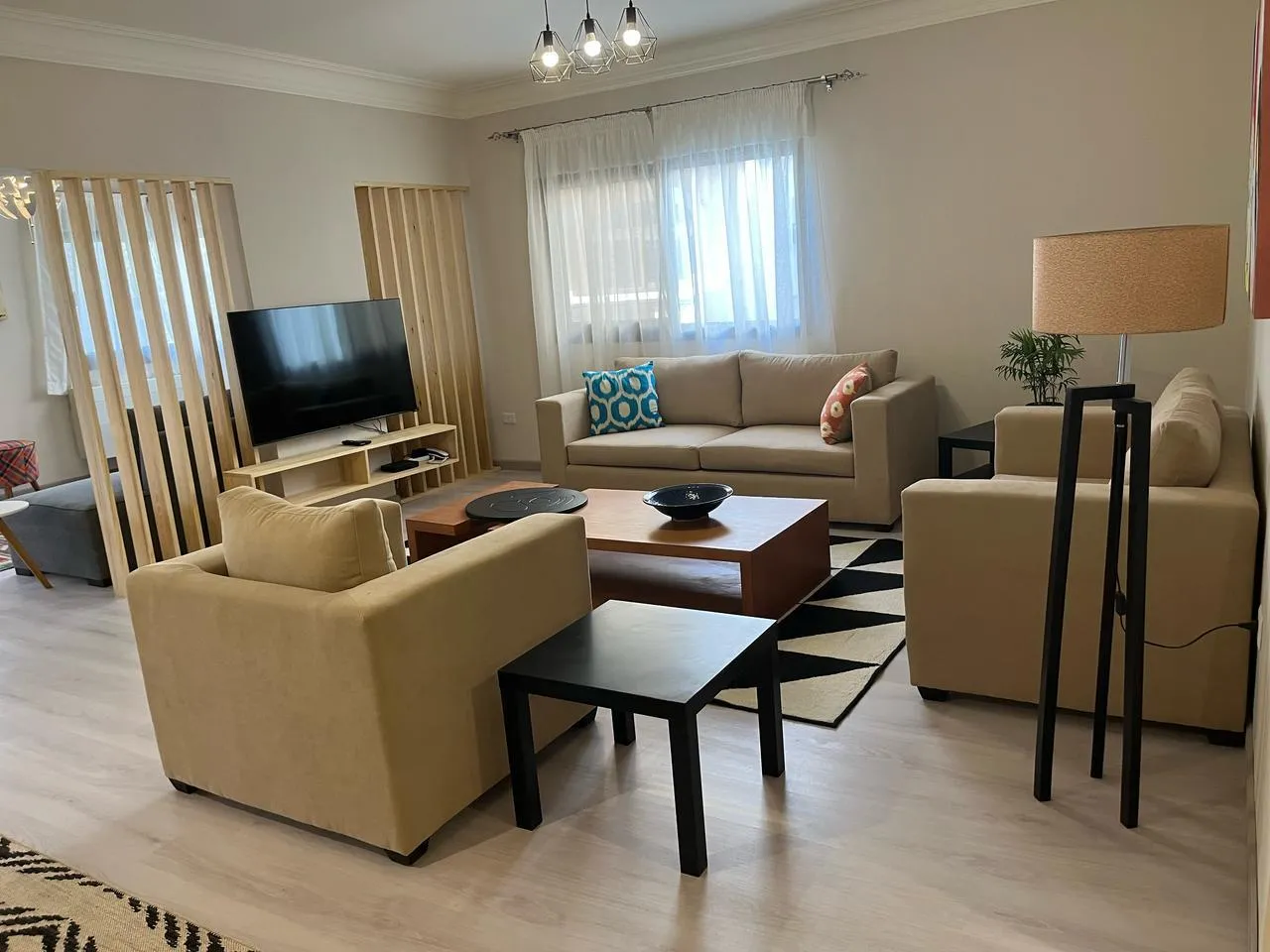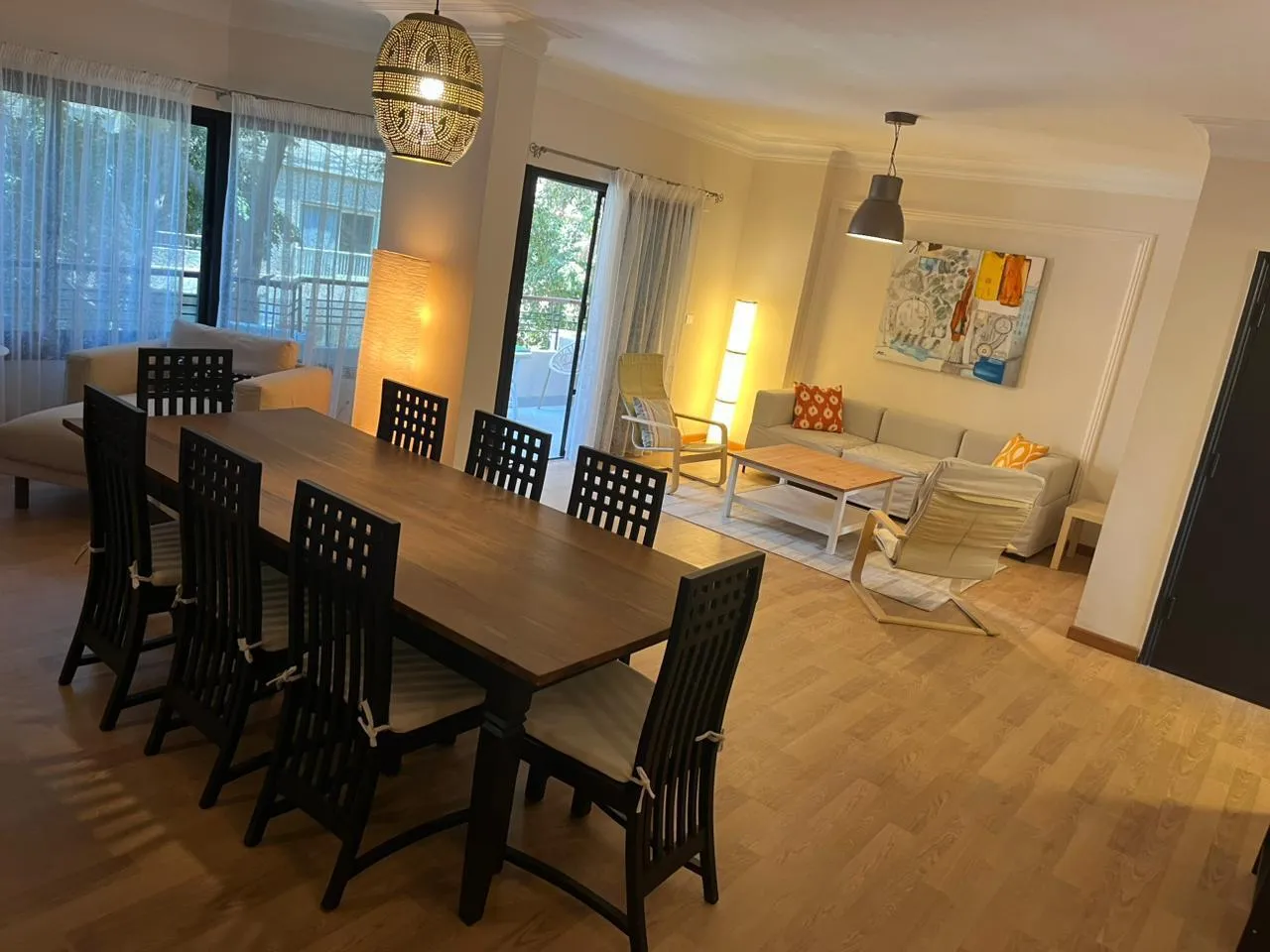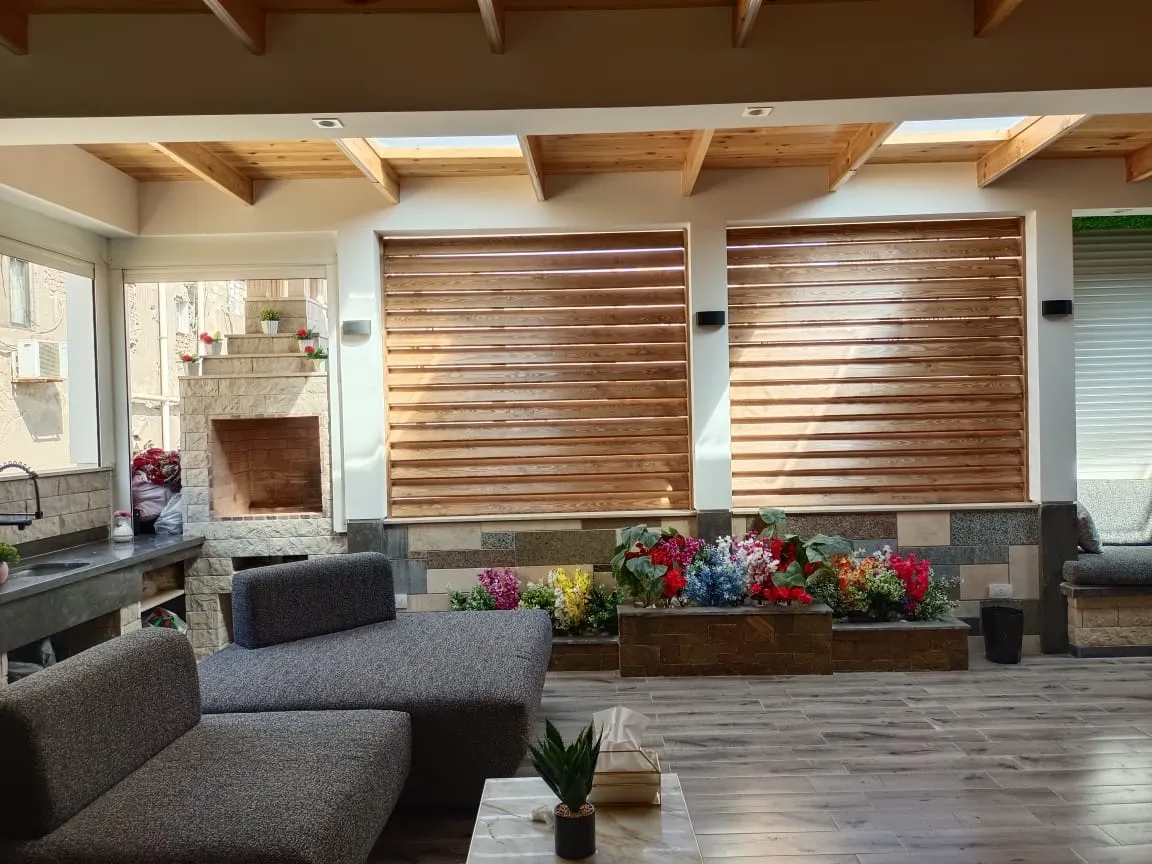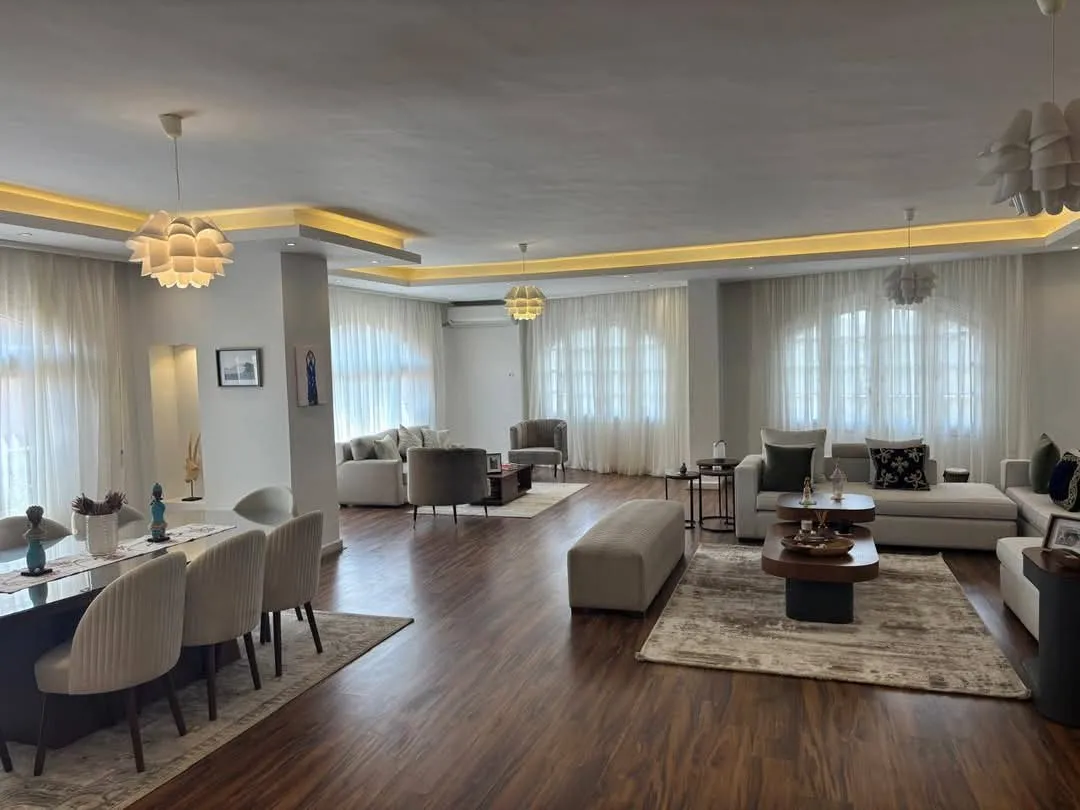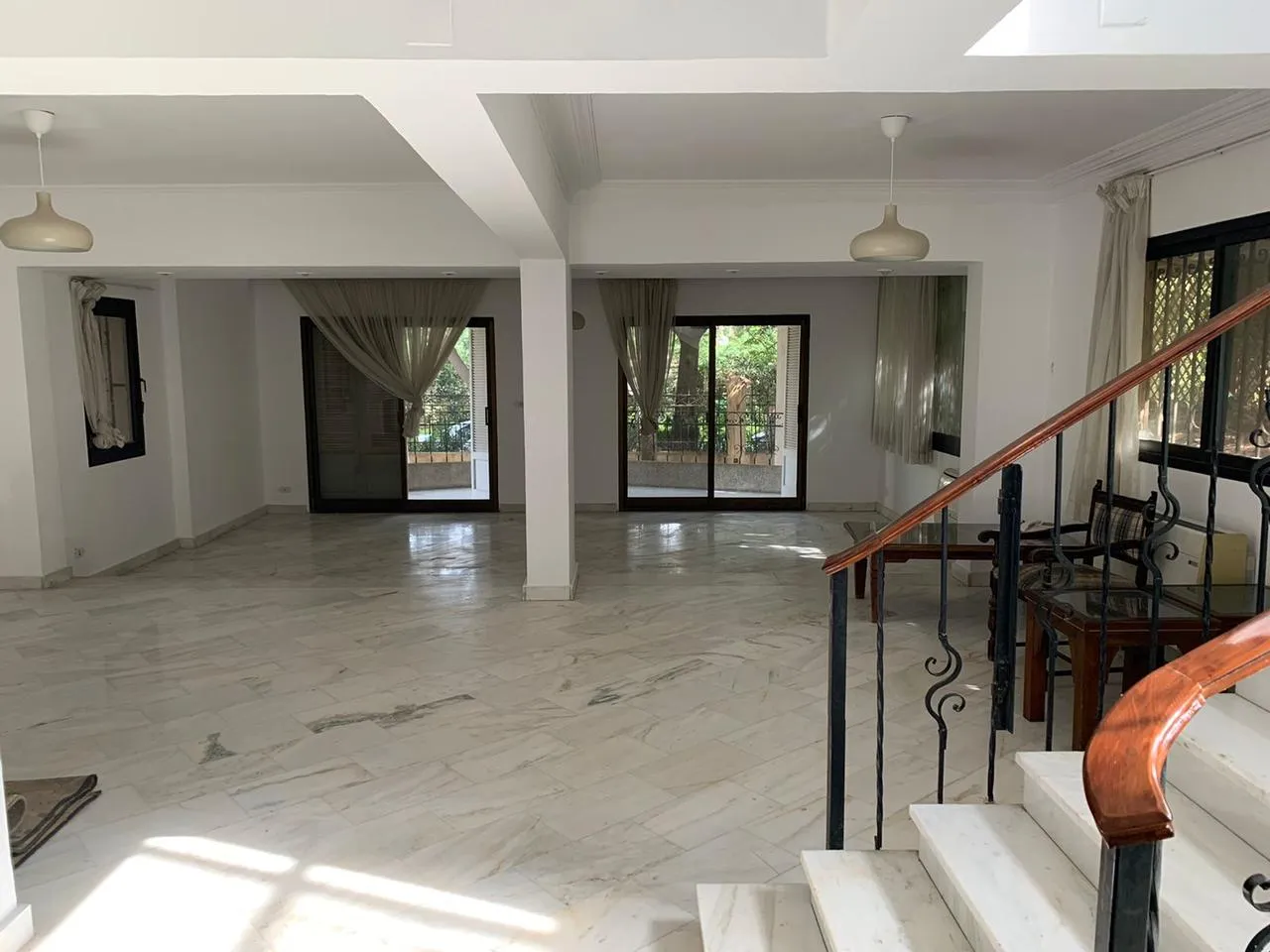Overcoming Downsizing Stress: A Comprehensive Guide for Seamless Transition to a New Apartment
Author
Ali Ashour
Time
14 Min.
Language
English
Created:
4/8/2024
Updated:
4/9/2024
Overcoming Downsizing Stress New Apartment
Downsizing your home, often a decision driven by the desire for financial freedom, a more manageable living space, or reducing one's environmental footprint, introduces a mix of emotions including anxiety, sadness, and even grief. These emotions underscore the complexity of downsizing stress, highlighting why the transition to a new apartment in bustling urban settings like Maadi, Cairo, or any complex apartment can be emotionally taxing. The process not only marks the beginning of a new chapter but also confronts individuals with the challenge of overcoming depression tied to getting rid of possessions and the fear of making a wrong move, especially when considering downsizing in retirement.

This guide aims to offer a comprehensive strategy to alleviate downsizing stress, focusing on why moving is so hard emotionally and providing practical tips for a seamless transition. From embracing minimalism that aligns with spring occasions' emotional renewal, leveraging technology for simplification, to engaging downsizing experts and personal organizers, it will explore how to effectively manage the lots of emotions triggered during this significant life change. Additionally, the importance of prioritizing self-care and building a support system will be discussed, ensuring readers have the necessary tools for what is stress reduction during this pivotal time.
Embrace Minimalism
Embracing minimalism during the downsizing process is not just about reducing the number of possessions but about redefining the way one lives. It's a deliberate choice to focus on what truly brings joy and purpose, distinguishing between NEED and WANT. This mindset shift can lead to a more content and peaceful life, free from the societal pressures to accumulate more. Here are practical steps to adopt minimalism:
- Assess and Curate:
- List all possessions and categorize them into 'need' versus 'want.'
- Question the value and purpose of each item. If it doesn't serve a purpose or bring joy, consider letting it go.
- Aim for quality over quantity, selecting items that reflect true needs and preferences.
- Design and Decorate Wisely:
- Adopt minimalist design elements to keep the space open and airy. Opt for furniture with exposed legs and a limited color palette to maintain brightness and consistency.
- Prioritize clean lines and streamlined designs in furniture and decorations, ensuring a cohesive aesthetic throughout the apartment.
- Mindful Packing and Decluttering:
- Start decluttering early, focusing on neutral rooms like the bathroom or kitchen to avoid emotional overwhelm.
- Use this opportunity to eliminate excess physical, mental, and emotional clutter, setting clear boundaries to maintain a minimalist lifestyle.
By focusing on these aspects, one can navigate the downsizing process with less stress, embracing the freedom and peace that comes with a minimalist lifestyle.
Create Multifunctional Spaces
Maximizing a smaller living space requires innovative thinking and strategic planning. Here are actionable steps to create multifunctional spaces that are both practical and aesthetically pleasing:
- Space-Saving Solutions:
- Opt for furniture that serves multiple purposes, such as sofa beds, coffee tables with storage, and dining tables that can extend. This approach not only saves space but also reduces clutter.
- Install wall-mounted shelves and desks to free up floor space, making the room feel larger and more open.
- Consider using a room divider that doubles as a bookshelf, providing storage while defining different areas of your apartment.
- Design Elements to Enhance Space:
- Paint walls and ceilings in light colors to create a sense of spaciousness. Incorporate mirrors strategically to reflect light and give the illusion of a larger area.
- Use floor-to-ceiling curtains and vertical shelving to draw the eye upwards, making the ceiling appear higher and the room more expansive.
- Decluttering and Organizing:
- Regularly declutter to maintain a spacious feeling. Utilize under-bed storage, over-the-door organizers, and collapsible items to keep belongings organized without taking up valuable space.
- Define each area of your space based on your needs, whether it's for hosting guests, working from home, or relaxation, ensuring that every piece of furniture and decor serves a purpose.
Leverage Technology for Simplification
Incorporating smart home technology and leveraging digital tools can significantly simplify the downsizing process, making the transition to a new apartment less stressful. Here are some ways to integrate technology effectively:
- Smart Home Technology:
- Automate daily routines with smart devices such as thermostats, lights, and security systems. This not only streamlines your living experience but also adds a layer of convenience and safety to your new, smaller space.
- Digital Resources for Organization and Sales:
- Use apps and websites to organize the downsizing process. Platforms like mymove.com offer six free apps for organizing a move, simplifying tasks from inventory management to scheduling.
- For selling unwanted items, websites such as moneypantry.com and techlicious.com provide comprehensive lists of local and online marketplaces.
- Enhancing the Virtual Experience:
- Virtual reality applications can give a simulated preview of new living spaces, easing the uncertainty and emotional stress of moving. Additionally, collaborative digital platforms facilitate efficient coordination with professional movers and real estate agents, ensuring a smooth transition.
By embracing these technological solutions, individuals can navigate the complexities of downsizing with ease, focusing on the excitement of starting a new chapter in a more manageable living space.
Prioritize Self-Care
In the journey of downsizing, prioritizing self-care emerges as a cornerstone for navigating the emotional and physical challenges that accompany this transition. It's essential to approach this process with strategies that support both mental and physical well-being:

- Emotional Preparation & Memory Preservation:
- Take time to reminisce, acknowledging the significance of possessions and the memories they hold. This can be a cathartic process, allowing for emotional closure.
- Document memories through photographs or journals, ensuring the sentimental value is preserved without the physical clutter. This tactic aids in letting go while keeping the essence of cherished moments.
- Personalized Spaces & Healthy Lifestyle:
- Infuse new living spaces with touches that reflect personal style and preferences, creating a comforting and familiar environment.
- Maintain a balanced lifestyle focusing on regular exercise, a nutritious diet, and sufficient sleep. These practices are pivotal in reducing stress levels and enhancing overall well-being.
- Mindfulness & Mental Fitness:
- Engage in mindfulness practices such as meditation, deep breathing, and yoga to foster mental clarity and emotional stability.
- Develop mental resilience by reflecting on past challenges and recognizing personal strengths. This mindset encourages a positive response to the stresses of downsizing and adapting to a new living situation.
Incorporating these strategies ensures a holistic approach to self-care during the downsizing process, addressing both the emotional and physical dimensions of this significant life change.
Engage Your Support System
Engaging your support system during the downsizing process can significantly reduce stress and create a more positive experience. Here’s how you can effectively involve those around you:
- Building Community Connections:
- Local Events & Clubs: Attend gatherings or join clubs to foster a sense of community in your new area. This network can offer practical advice and emotional support.
- Volunteer Work: Engaging in local volunteer opportunities not only helps you connect with your new surroundings but also builds a supportive social circle.
- Professional and Personal Assistance:
- Downsizing Experts: Seek guidance from real estate agents and downsizing professionals to plan and execute your downsizing strategy effectively.
- Friends and Family: Recruit close friends and loved ones for help with decluttering and moving, turning a challenging task into an opportunity for bonding.
- Workplace Support During Downsizing:
- Communicate Openly: Maintain clear and honest communication with employees about downsizing plans, addressing concerns and fostering trust.
- Recognition and Development: Acknowledge employee efforts and provide opportunities for growth, even in times of organizational change. This includes offering flexible work schedules and supporting both remaining and exiting employees with empathy and practical help.
By leveraging both personal and professional networks, downsizing can become a journey of growth and new beginnings rather than a source of stress.
Maximize Storage Solutions
Maximizing storage in a new, smaller living space requires creative and practical solutions. Here are some strategies:
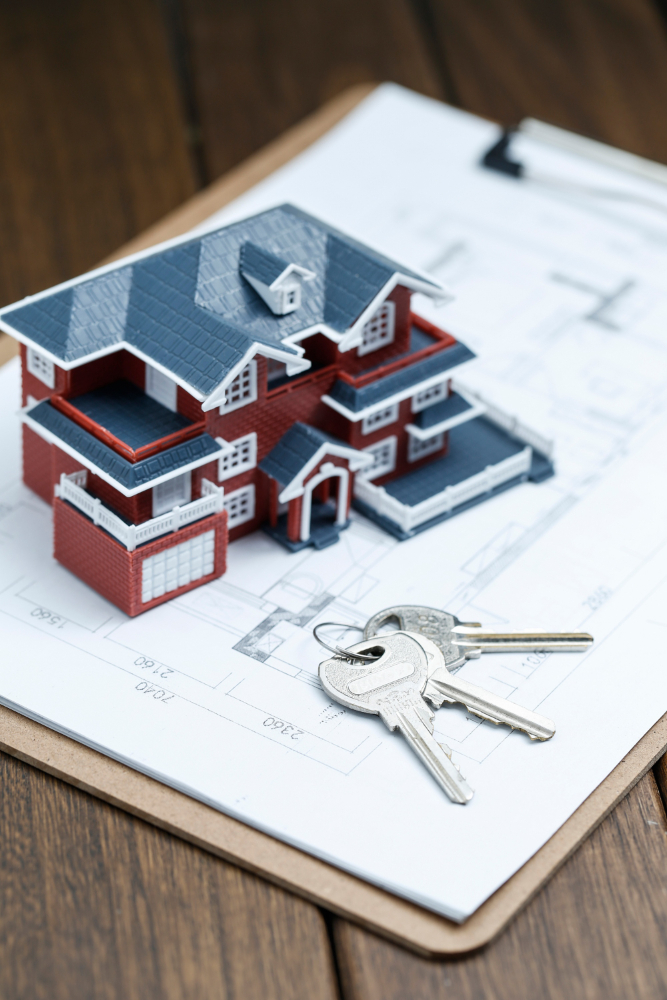
- Categorization & Decluttering:
- Assess possessions and categorize them into essentials, sentimental items, and non-essentials. This initial step helps in identifying what truly matters.
- Experiment with decluttering methods like the KonMari method or the 12-12-12 challenge to find the most effective approach for you.
- Prioritize possessions based on importance, letting go of items that are no longer useful or that hold negative emotions.
- Smart Storage Solutions:
- Replace bulky hangers with slim non-slip variants for more closet space.
- Utilize wall space in closets for accessories and install a wall-mounted rack in the kitchen for pots and pans.
- Incorporate over-the-door storage racks and use wicker baskets for flexible storage options.
- Implement tiered storage solutions such as risers, lazy Susans, and tiered shower caddies to maximize visibility and accessibility.
- Innovative Organizing Techniques:
- Make use of vertical space with floor-to-ceiling shelves and hang plants from the ceiling to save surface space.
- Store shoes in an over-the-door rack and use clear plastic containers for compact storage of smaller items.
- Consider under-bed storage for seasonal items and install cabinets and drawers on walls to create additional storage without sacrificing floor space.
Conclusion
Throughout this comprehensive guide, we've navigated the multifaceted emotional and practical terrains associated with downsizing stress. From the initial leap toward embracing minimalism, which harmonizes with the emotional renewal of spring occasions, to the innovative strategies for maximizing a smaller living space, and leveraging technology for simplification, we've explored a holistic approach to making this significant life change. Additionally, the importance of prioritizing self-care and fostering a strong support system underscores the necessity of addressing both the physical and emotional aspects of downsizing. These strategies collectively offer a roadmap for transitioning to a new apartment with less stress and more joy.
As we conclude, it is pertinent to remember that downsizing is more than a mere physical transition; it is a profound journey of self-discovery and reinvention. The process of decluttering and redefining one's living space can lead to a deeper understanding of what truly brings joy and purpose to our lives. By acknowledging the emotional challenges and embracing the tips provided, one can navigate the downsizing process with grace and resilience. It's an opportunity to lay the foundation for a new chapter, filled with possibilities and the freedom that comes from living more with less.

